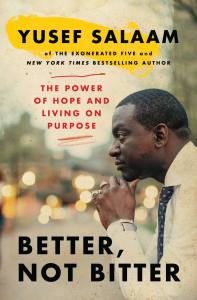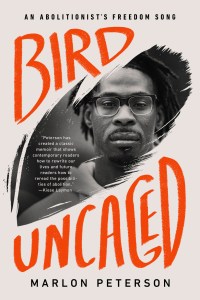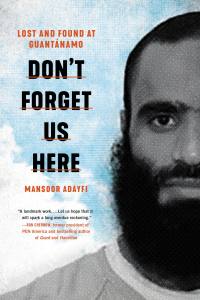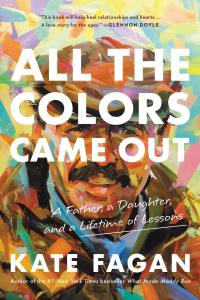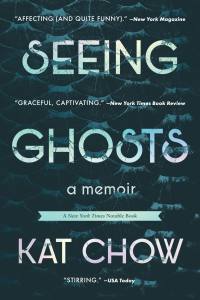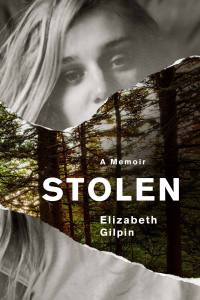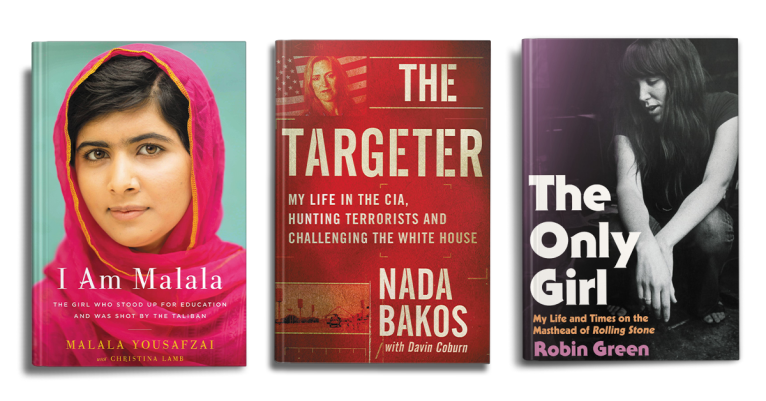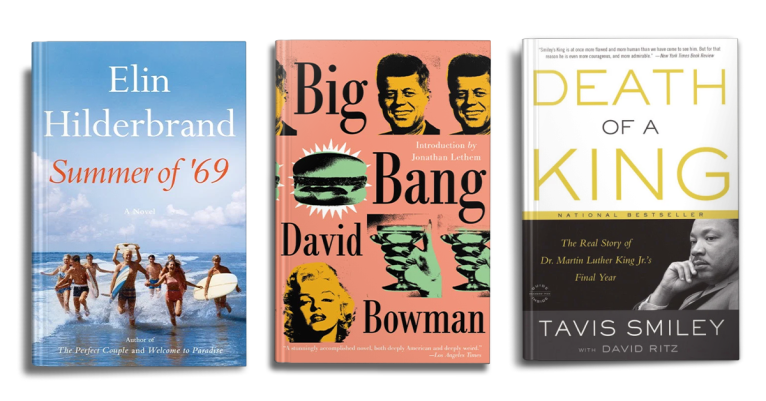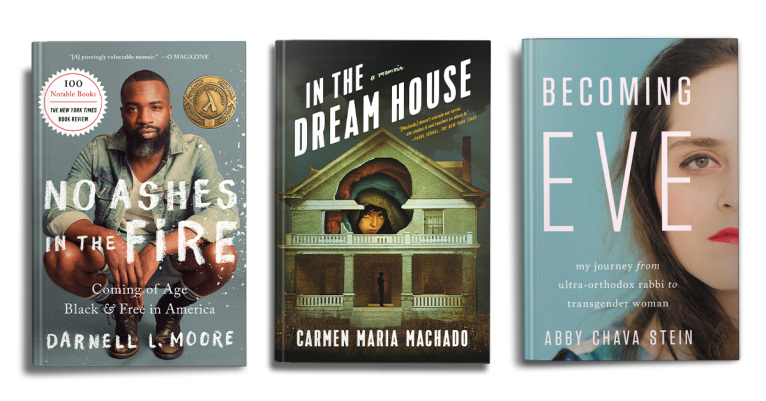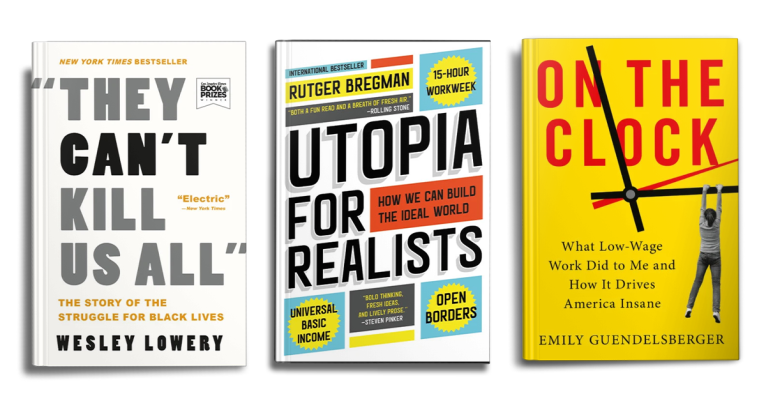6 of the Most Powerful Memoirs You’ll Ever Read
Are you looking for a powerful memoir to pick up this weekend? Maybe you’re looking for an inspiring true story about personal transformation, or a book to help you make sense of an experience you’ve gone through yourself. These six empowering memoirs are about people who have found hope in the most dire of circumstances. From the wrongfully incarcerated to the recently bereaved, these authors have come through some of life’s most painful moments to the other side. These memoirs are not breezy reads, but they’re absolutely worthwhile ones, reminders of the hope, connection, and resilience that exist even in the midst of hardship.
Yusef Salaam, wrongfully incarcerated as one of the Central Park Five, tells his own story for the first time in Better, Not Bitter. In this moving memoir, Salaam recounts the events of his life, from his childhood in Harlem in the 1980s through his wrongful incarceration, eventual exoneration, and spiritual awakening. This book is an inspirational wake-up call, as Salaam encourages readers to channel anger and pain into collective social change.
Prison abolitionist Marlon Peterson's debut book, Bird Uncaged is sure to be one of the most powerful memoirs of 2021. Peterson grew up in 1980s' Crown Heights and was incarcerated at age nineteen after participating in a robbery. He reflects on the interlocking systems of oppression that harm so many Black youth like him. Blending personal narrative with critical analysis, Peterson challenges mainstream ideas about justice and redemption, offering instead a radical vision for a future America without prisons or policing.
Mansoor Adayfi spent fifteen years detained at Guantánamo Bay. He left his home in Yemen at age 18 on a trip to Afghanistan, where he was kidnapped by warlords and subsequently sold and imprisoned in the US. Don't Forget Us Here is the harrowing account of his time at Guantánamo Bay: the true stories of the people me met there, the cruelties he and other suffered, and his transformation from a terrified teenager to a resistance fighter, scholar, writer, and historian. Assembled from letters he sent to his attorneys while incarcerated, this book is a testament to the human spirit, as well as a necessary reckoning with one of the darkest episodes in American history.
All the Colors Came Out is a beautiful memoir about Kate Fagan's complicated relationship with her father and the power of forgiveness. As a girl, Fagan shared her father's love of basketball. The two spent time together on and off the court, their shared love for the game at the center of their relationship. After Fagan grew up, and left basketball behind to pursue other interests, she and her father drifted apart. When he was diagnosed with ALS, she decided it was time to reconcile, so she left a high-profile job to care for him during the last year of his life. It's a poignant story about childhood joy, hard choices, grief, and the messy but ultimately transformative experience of taking care of those you love.
Kat Chow's debut memoir, Seeing Ghosts, is a gorgeous and clear-sighted meditation on death, grief, and what it means to be part of a family. Born two years after her infant brother died, Kat Chow was always keenly aware of death as a child. But nothing could have prepared her for her mother's unexpected death from cancer. In an effort to face her own grief, she turns to the stories in her family's past. She masterfully untangles three generations of family history — their immigration from China and Hong Kong, the losses they suffered, and the ghosts that have followed them into the present day. Chow's graceful prose and unflinching honesty make for an unforgettable read.
Elizabeth Gilpin was only fifteen when her parents, unsure how to handle her undiagnosed depression and erratic behavior, enrolled her in a behavioral modification program. Stolen is the story of the physical and psychological abuse she survived in the two years she spent at a boarding school that functioned like a prison. This is not a book for the faint of heart. Gilpin recounts all the horrors inflicted on her and others. But she also writes about how, years later, she was able to find healing, and slowly put the pieces of her life back together. It's an eye-opening account of an experience that no one should have to endure, and Gilpin tells it with generous honesty and infinite compassion for her younger self.
What to Read Next
